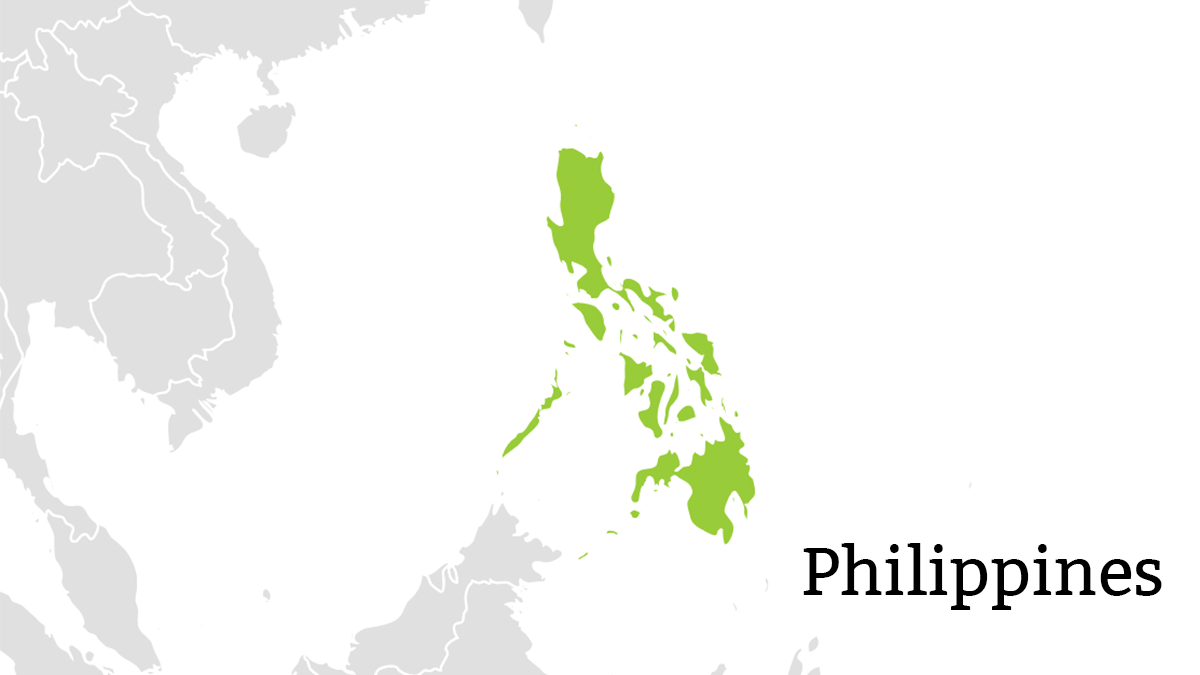
The archipelago geography of the Philippines means the country had a pre-existing geographic disadvantage at providing affordable access to the internet. In 2010, the country lagged behind neighbors Malaysia and Vietnam in terms of internet penetration, with only a quarter of the country’s population using the internet. The numbers continued to slowly grow with time, but this divide continued to repeat many disparities in society, with lower use among women and a wide disparity between rural and urban communities.
Universal access to the internet was recognised as an early priority for the government. It was a key section of the country’s 2006-2010 ICT roadmap and an objective within the 2004-2010 Medium Term Development Plan. This prioritisation set the foundation for programs such as the Philippine Community eCenter Network and then for its conversion into the now widely-recognised Tech4ED program.
The Technology for Education, Employment, Entrepreneurs and Economic Development (Tech4ED) Project, launched in 2013, was a direct response to the government’s desire to provide access points for individuals and communities to bridge the digital and education divide and therefore help meet its universal internet access policy goals. The Tech4ED project helps bridge the digital divide by providing ICT services, such as services from education, employment support, livelihood assistance, entrepreneurship development, e-health, e-government services, and e-tourism and by providing centres to access the internet, especially in underserved areas where they did not previously exist.
The Tech4ED project is a program of the Department of Information and Communications Technology (DICT). The Tech4ED program aims to establish sustainable ICT centres nationwide, in order to support delivery of ICT-enabled services and content for socioeconomic development of unserved and underserved communities.
The program addresses a wide array of needs for the communities it serves. The Tech4ED project gives communities access to information, communication, technology, government services, non-formal education, skills training, telehealth, job markets, and business portals. The program also comes in a number of mirroring facility formats. This includes mobile centres and physical locations as well, with a priority to underserved communities. These demonstrate the wide potential benefits but also the wide range of needs that this program aims to address.
The Tech4ED Project rocketed to 1,258 new centers launched nationwide in 2017, surpassing its target by 180% and its previous year’s figure by 61%. To date, over 2,200 Tech4ED centers are operating nationwide to bring government and ICT services to the public. The inauguration of the 2,000th Tech4ED center was achieved in December 2017 with the location being a female detention center. As of July 2018, 69% of the 2,253 Tech4ED centres were set up in rural areas with 31% established in urban areas.
A total of 2,634 center managers were trained in center operations and management from 136 center managers trainings conducted in 2017.
The project has been considered a success domestically and internationally. Over 100,000 people have been beneficiary users of the project, a majority of whom are women and over two-thirds are young people. The program’s success has been lauded with numerous international awards, including a 2016 World Summit on the Information Society Prize and a finalist for the IDC Smart City Asia/Pacific Awards (SCAPA) in 2019.
The program’s success has encouraged extensions into similar projects. Two new learning areas, being eHealth and Gender and Development, and other ICT-related content were also recently launched on the Tech4ED platform. Additional content and online modules on digital literacy can now also be found on DigitalLearn.org and through the Global Community Foundation. Online resources on entrepreneurship were added through a new flagship program, the Women on ICT Frontier Initiative (WIFI).
The program has additionally had a positive effect for the large Filipino diaspora community. Remittances from this diaspora represent one of the largest sources of foreign exchange income in the country. In 2019 the number of Filipinos resident abroad stood at 12 million or 10% of the population. Without widely available internet access, Filipinos were cut off from their many family and friends who had migrated in search of a better life.
Internet access and digital skills training through the Tech4ED program, changed this reality for many. A mother, and a user of a Tech4ED center in M’lang, learned to use the internet and social media through the center’s services. This allowed her to see her son for the first time in seven years, hugging the computer.
Over time, with the project’s success, the cost of mobile broadband has also dropped. In 2015, the cost of 1GB of mobile data was 3.8% of an average person’s monthly income. In 2017, the country reached the international ‘1 for 2’ standard for affordability where 1GB costs less than 2% of average monthly income. The price continues to fall, with 1GB representing around 1.4% of average monthly income in 2019.
Suggested Citation: Alliance for Affordable Internet (2020). “Philippines: Providing ICT centres for universal access.” Good Practices Database. Washington DC: Web Foundation.
